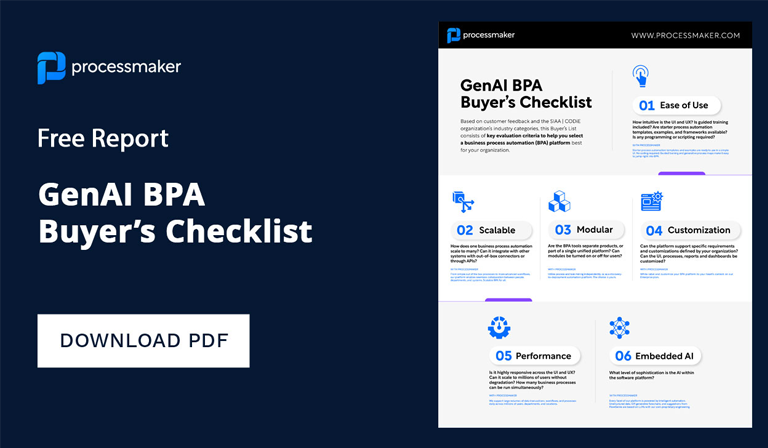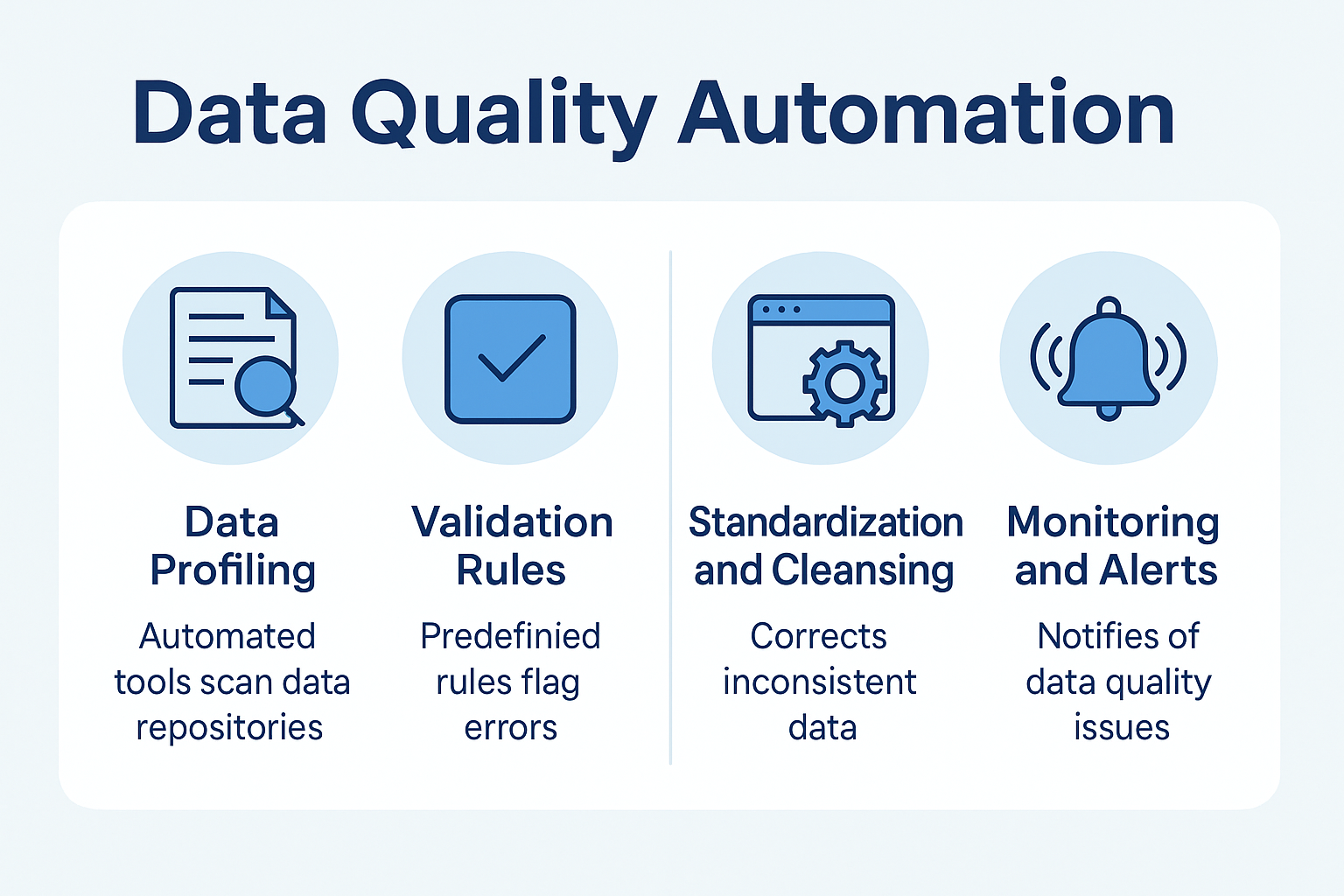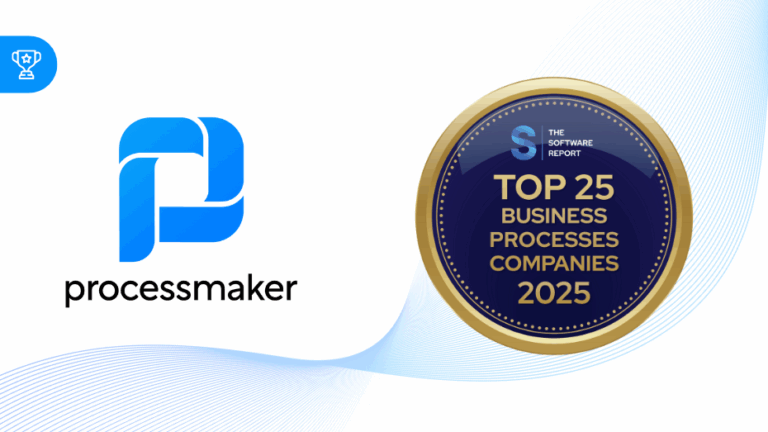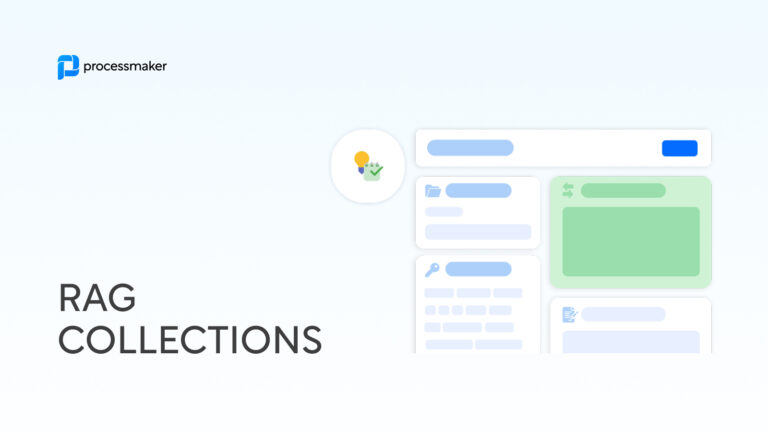Organizations require the management of multiple systems in order to run effectively, that’s where ERP comes in. Some people confuse cloud ERP and software-as-a-service (SaaS) ERP solutions. While there are similarities between the two, there are still some differences.
In a recent guide by Forrester, author Duncan Jones states the ways in which ERP vendors fail to meet the demands of modern organizations, “Forrester Analytics data shows that two-thirds of software decision-makers in enterprises plan to replace or complement their enterprise resource planning (ERP) software with software-as-a-service (SaaS) applications or have already done so.”
Both cloud and SaaS ERP operate online and involve the use of a vendor or service provider. They also both tend to take significantly less time to integrate than on-premise ERP. In this article, we’ll detail what is cloud ERP, SaaS ERP, and the benefits and differences between them.
What is cloud ERP?
ERP is a modular system of business software designed to run enterprise data. With cloud ERP, the ERP software is managed and delivered through remote servers. Users can access cloud ERP through the internet which enables organizations to collaborate with outside vendors, partners, and customers.
There are a few benefits to using a cloud service ERP:
- Easy information transfer: The internet gives us the ability to send information across distances. The cloud makes it easy for organizations to share documents and data with other parties outside of your department or business within seconds.
- Less focus on hardware and software maintenance: If you’re an agile business, you probably don’t want to have to focus your energy as heavily on IT problems. Local data storage means being responsible for all the challenges that may arise with your software. If you have everything backed up on a service provider’s cloud, like AWS, you’ll still need to have some IT management, but the cloud will allow you to outsource rather than dealing with problems internally.
- Stay current more easily: With cloud ERP software, you can stay up to date with new methods and technologies as they arise. Cloud ERP systems are likely to receive upgrades and new features over time.
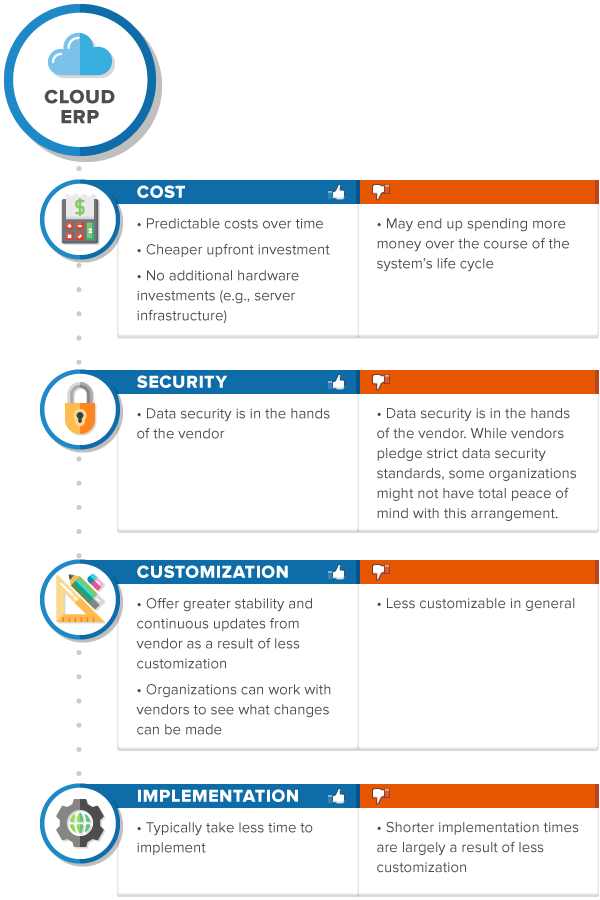
Source: softwareadvice.com
What is SaaS ERP?
SaaS ERP is a type of cloud-based ERP software that is sold through a monthly, per-user subscription and is distributed as a service through the internet. SaaS ERP runs on a vendor’s servers and is typically updated on a quarterly basis.
A core benefit of SaaS ERP systems is that it is meant to be easy to use out of the box and the vendor maintains the systems updates. In SaaS ERP, vendors typically only offer standard features with little to no room for customization. It also helps promote the security of your system and lower IT costs.
There are a few benefits to using a SaaS ERP:
- Lower capital requirements to access innovation
- Better and faster scalability
- Automatic upgrades
- Trim operational expenses
- Dramatically shorter deployment times
The advantages of ERP SaaS are important for an organization that plans to expand its field of activity or for an organization that is now in growth. It doesn’t require additional IT resources and infrastructure and as the organization grows, the SaaS solution can also be expanded in order to meet the new requirements.
Cloud ERP vs SaaS ERP -which is best for you?
Cloud ERP: This option makes sense for organizations with a very unique business model that must retain tight control over their ERP customization options. With a single-tenant web-based ERP, organizations can achieve some of the benefits that cloud ERP provides, including greater mobility, easier business partner connectivity, and some reduced IT expenses.
SaaS ERP: Since SaaS ERP is fully managed by the provider it is a great fit for organizations that do not require much customization. Configuration options inside the ERP are typically designed to meet the needs of most customers in the provider’s target industry.
Bottom Line
Agile organizations that want greater customization and control should look to Cloud ERPs while startups can greatly benefit from preconfigured Saas ERPs. It is up to the organization to do its due diligence in researching which provider is best for their business needs.

